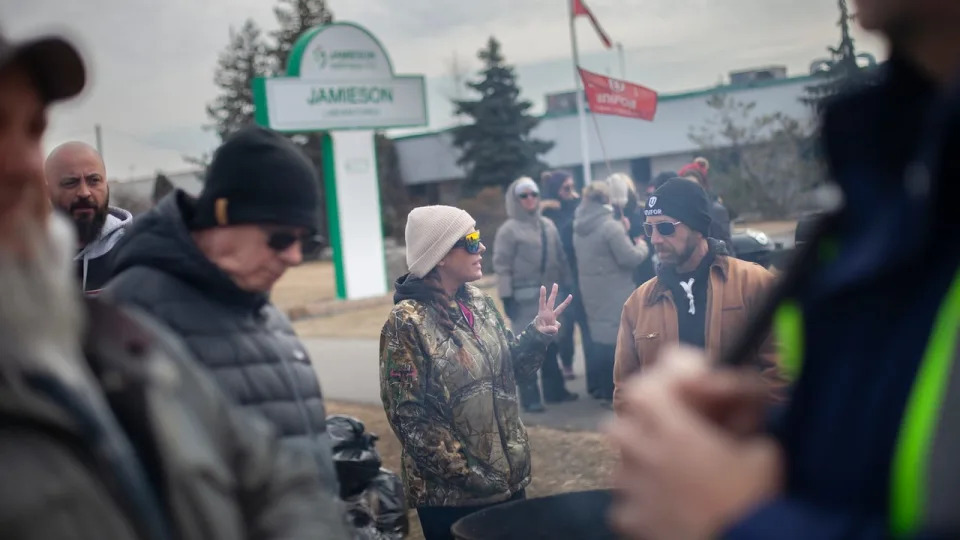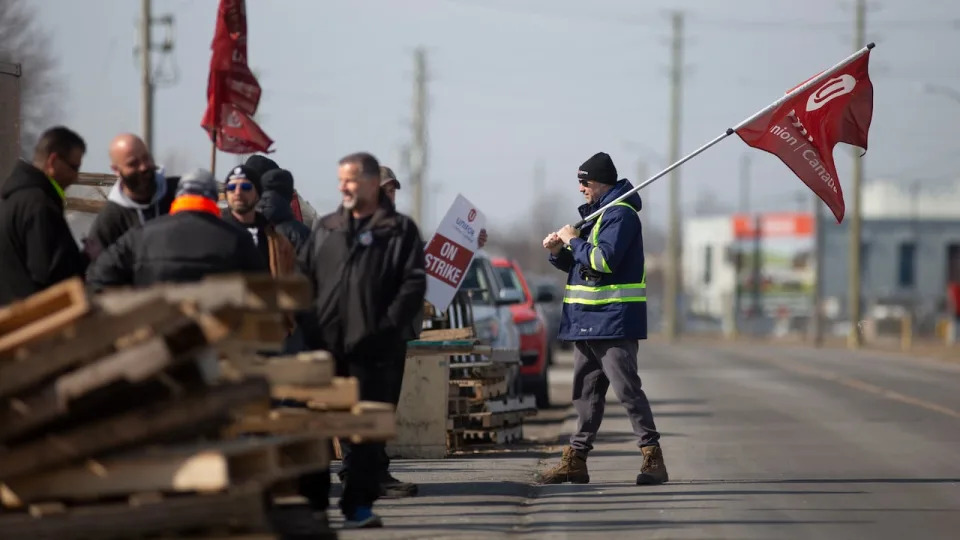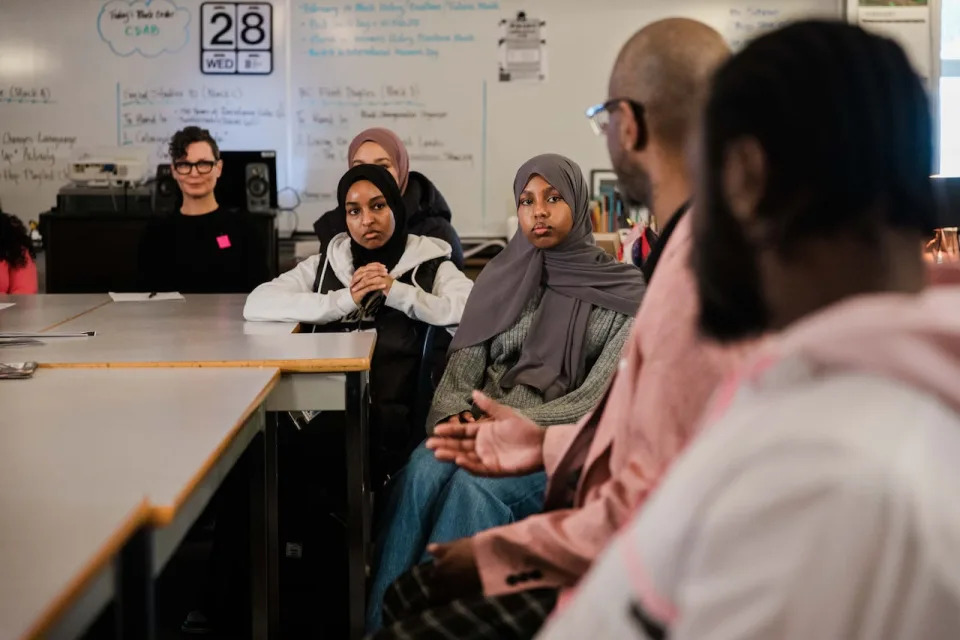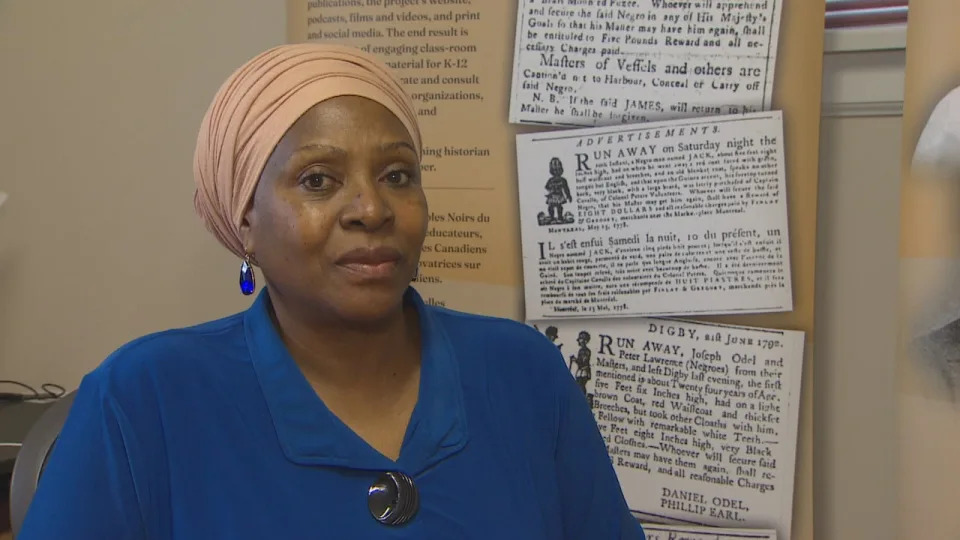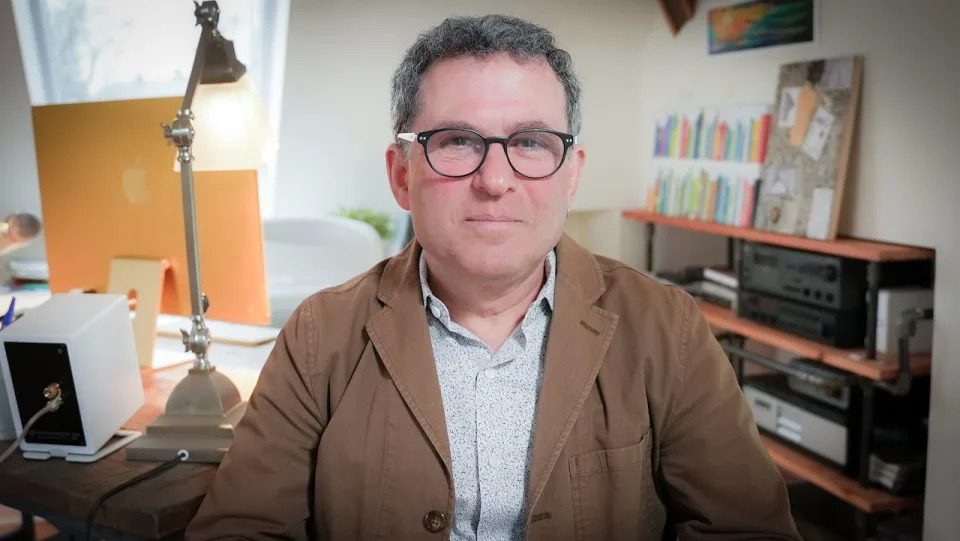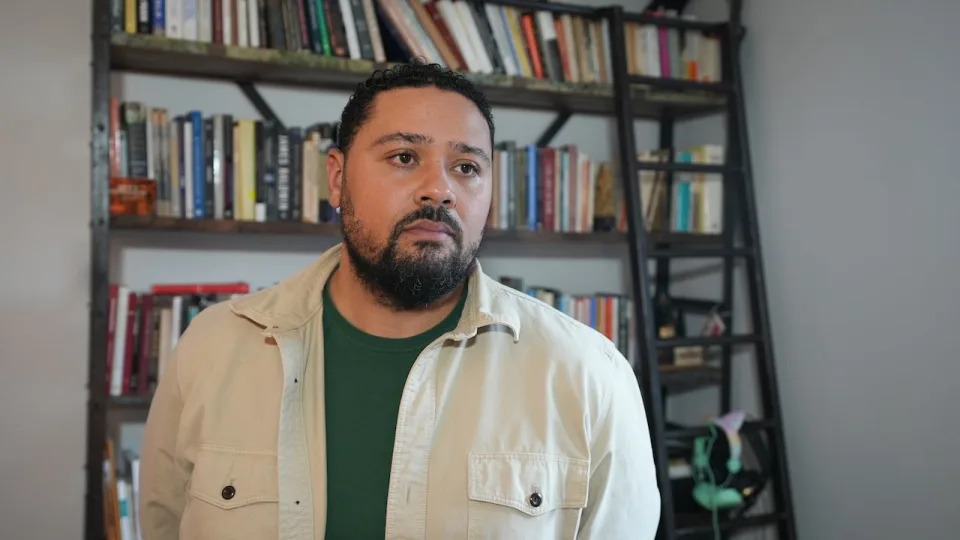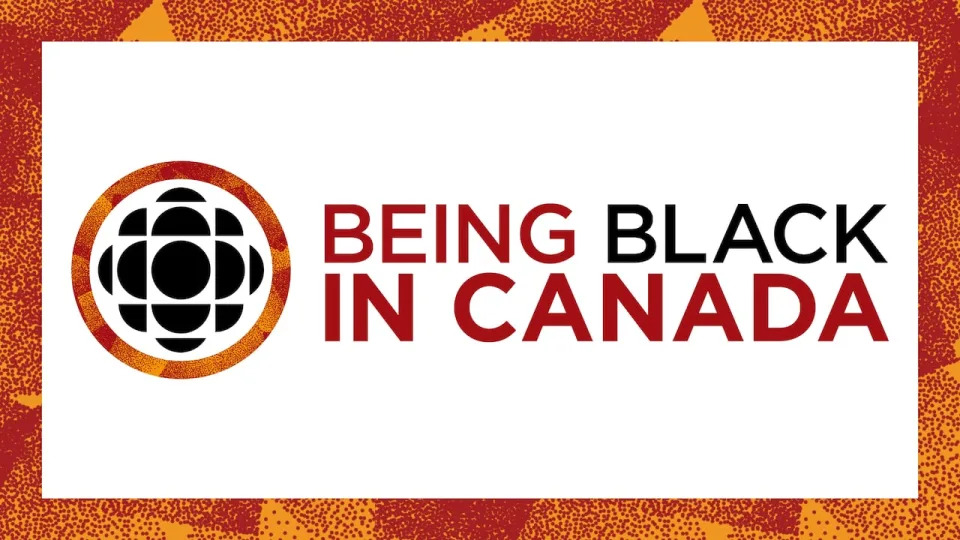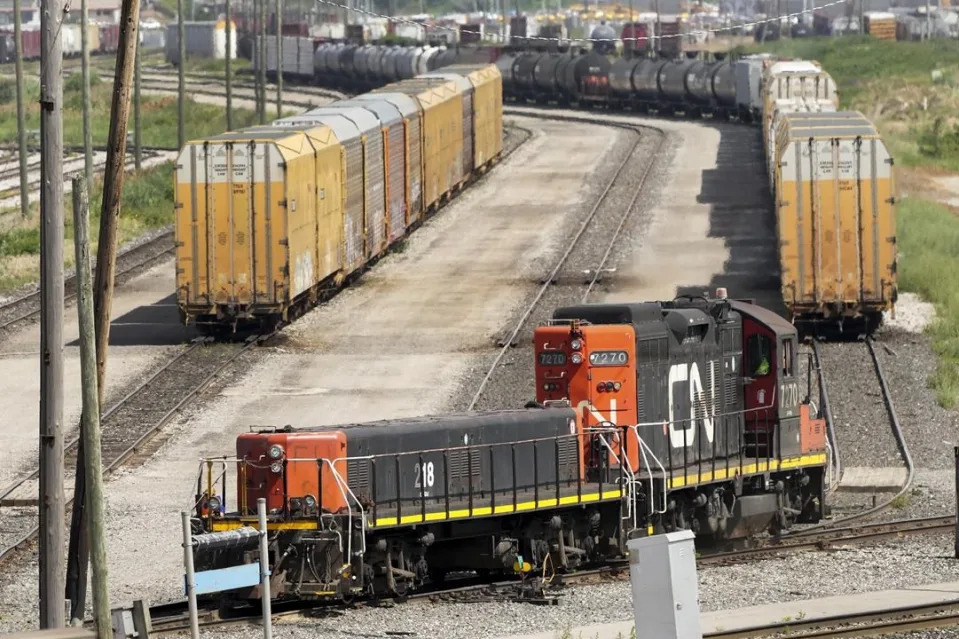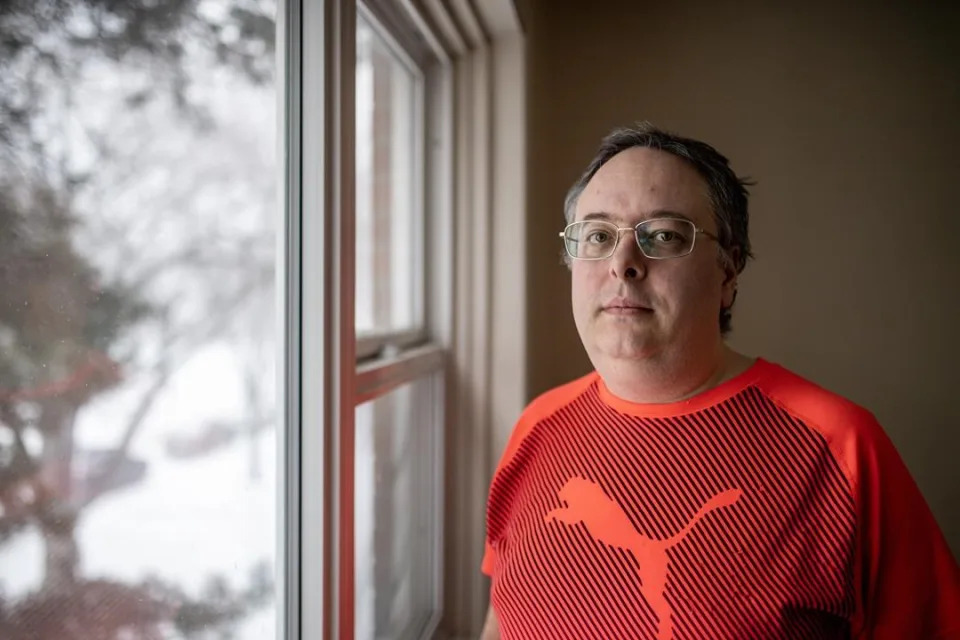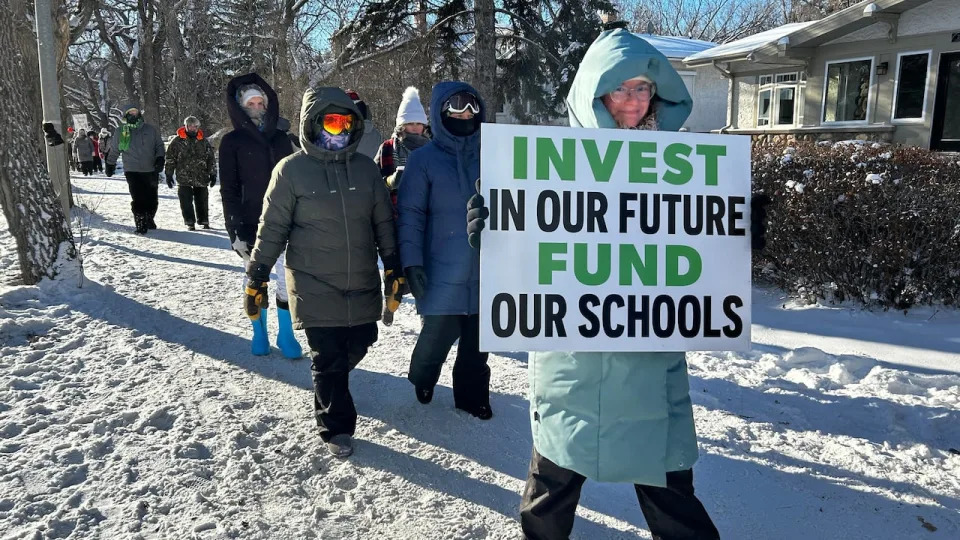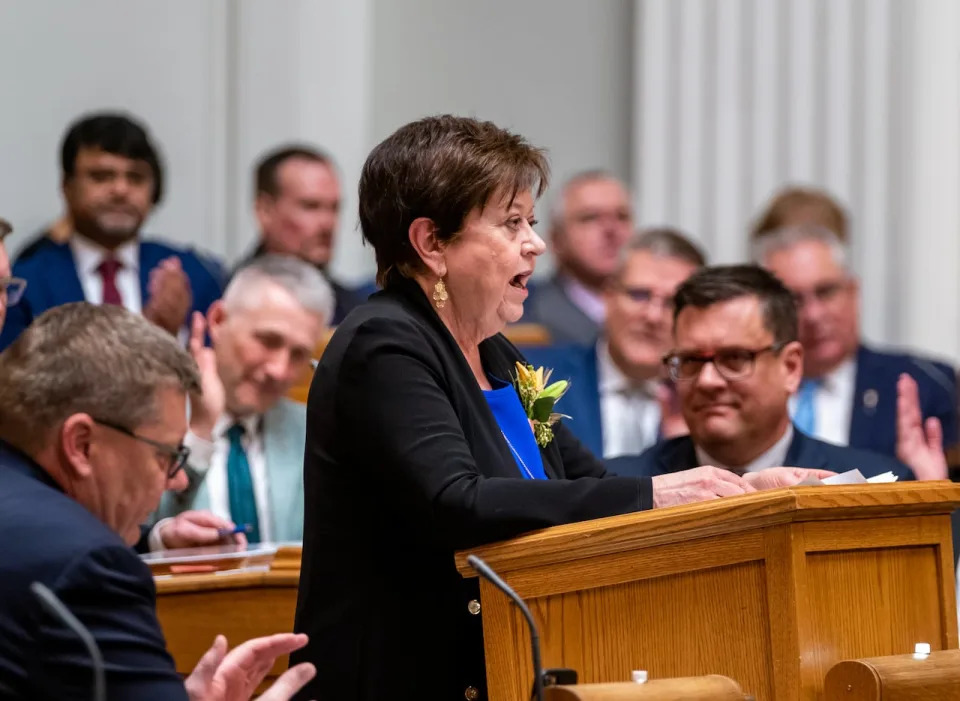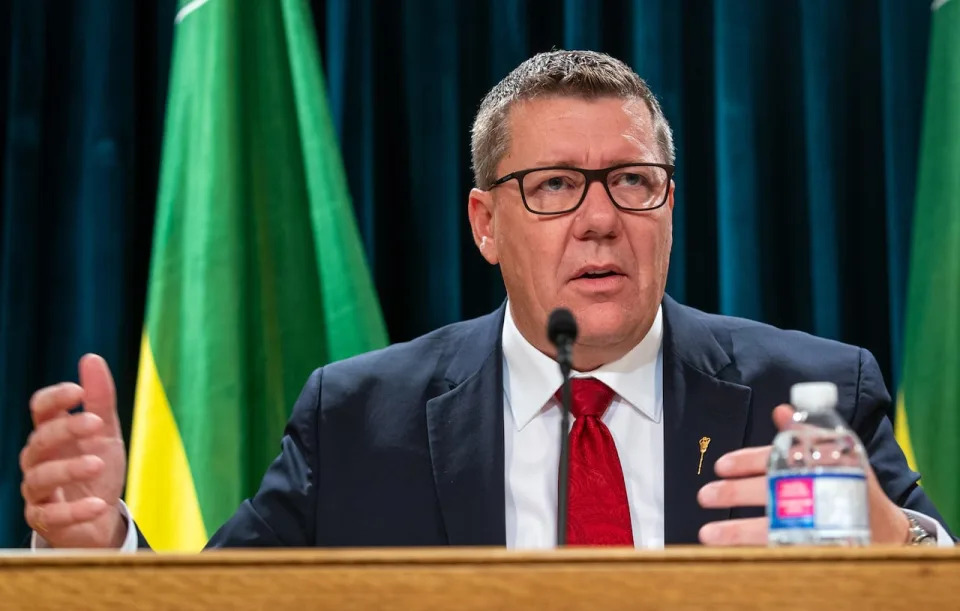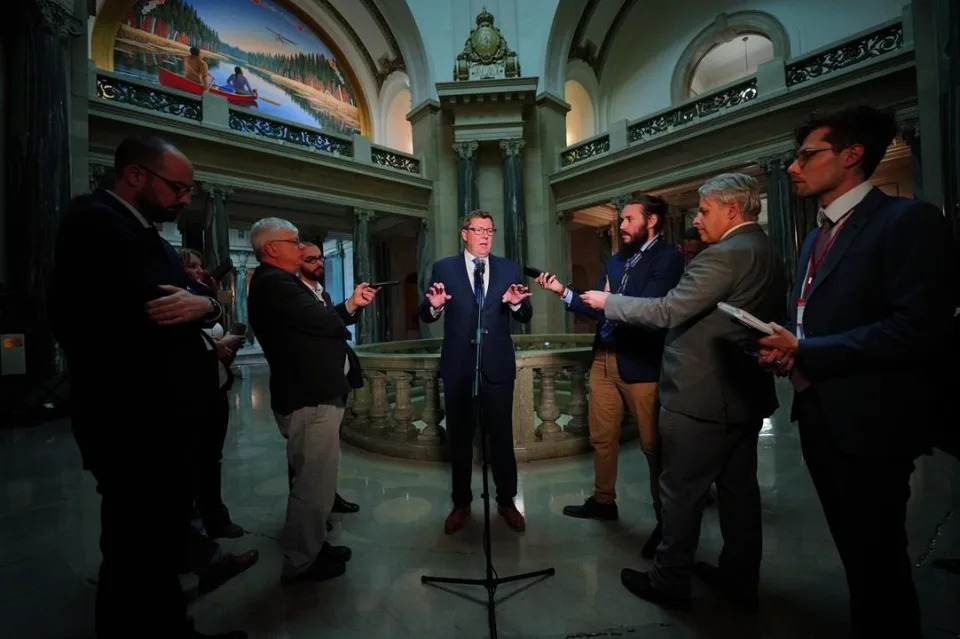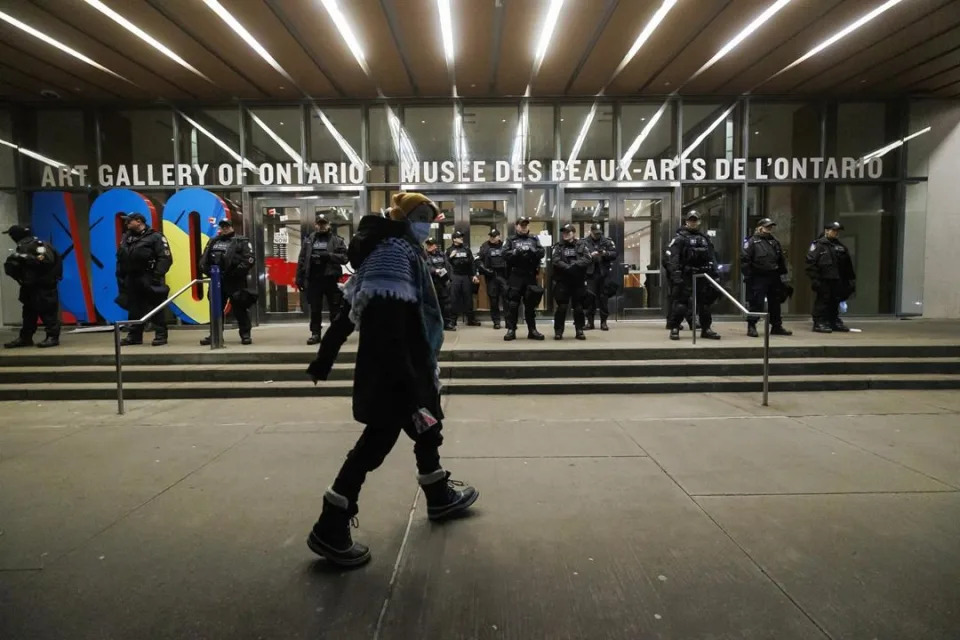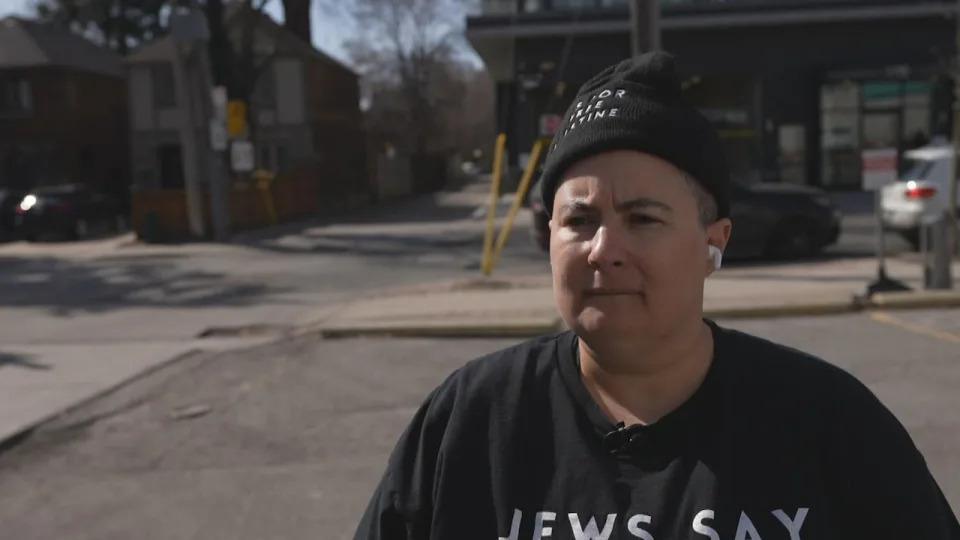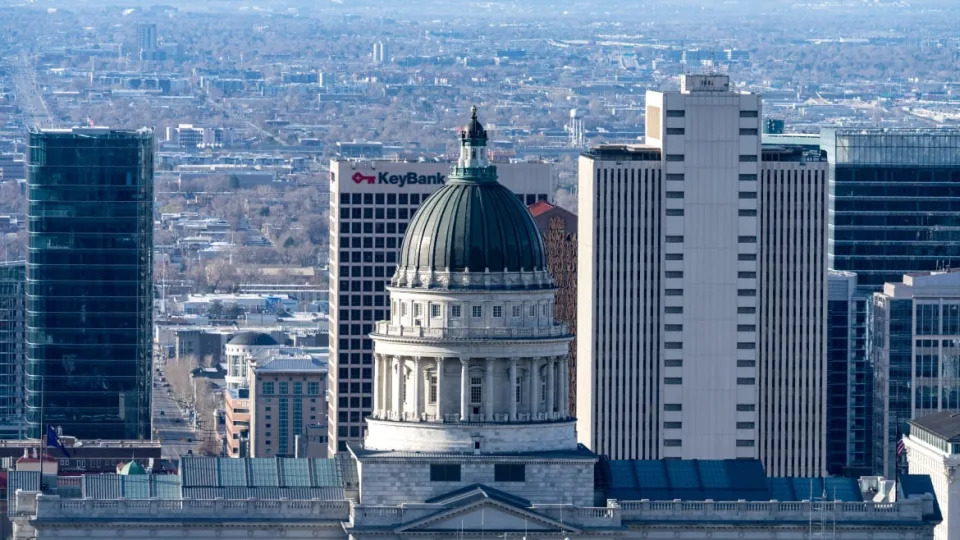Mon, March 4, 2024
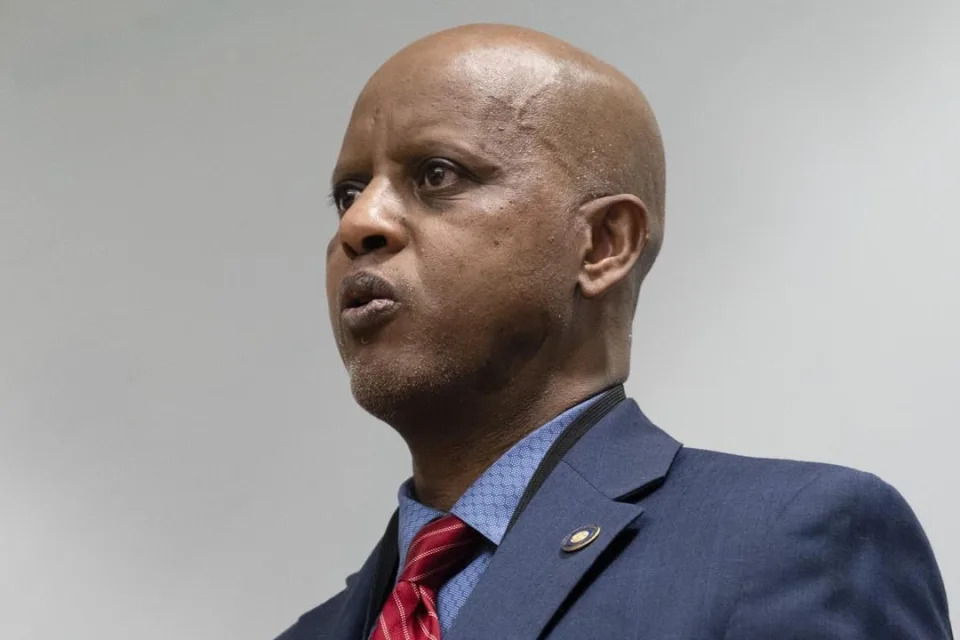
PORTLAND, Ore. (AP) — The future of an Oregon bill that would roll back the state’s first-in-the-nation drug decriminalization law is now in the hands of Democratic Gov. Tina Kotek.
The bill — which would make the possession of small amounts of drugs a crime once more — has not yet reached Kotek’s desk, but she will review it when it does, her office said Monday. Kotek has not commented on the bill since its passage on Friday but previously indicated she was open to considering it.
“If it’s a bill that I think will have the outcomes we need, I’m committed to making sure we can move forward,” Kotek told reporters in January before the start of the short 35-day legislative session.
“The issue of addiction and the need for pathways to recovery should not be a political football. We should understand any changes that we’re making” and ensure they improve the lives of Oregonians, she added.
For social justice groups, the new bill represents a major setback. The Portland-based advocacy group Imagine Black said it felt like lawmakers prioritized the voices of police over those of communities of color.
“This is an ache. It hurts in a very real way,” said Danita Harris, the group’s deputy director of movement building.
Measure 110, approved by voters in 2020, decriminalized the possession of small amounts of illicit drugs such as heroin, cocaine and methamphetamine. Supporters said treatment is more effective than jail in helping people overcome addiction and that the decades-long approach of arresting people for possessing and using drugs hasn’t worked.
The law directed hundreds of millions of dollars of the state’s cannabis tax revenue toward addiction services. But the money was slow to get out the door and health authorities, already grappling with the COVID-19 pandemic, struggled to stand up the new treatment system, state auditors found. At the same time, the fentanyl crisis began to fuel an increase in deadly overdoses.
Some researchers have found the law was not associated with the spike in fatal overdoses, but others say it is still too early to have conclusive data.
As Oregon started to see one of the nation’s largest spikes in overdose fatalities, Republican opposition to the law intensified and a well-funded campaign group called for a ballot measure to amend or repeal it. Facing growing political and public pressure, Democrats who had historically supported the law shifted their stance and ultimately agreed to restore criminal penalties for so-called personal use possession.
But some Democratic lawmakers opposed the bill, concerned the policy will result in more arrests and exacerbate social inequities.
“This bill will have devastating impacts on communities of color and low-income Oregonians, burdening our already-strained justice system while failing to address the root causes of our addiction crisis,” Democratic Sen. Kayse Jama wrote in a letter explaining his “no” vote.
The newly approved bill makes personal use possession a misdemeanor punishable by up to six months in jail. It enables police to crack down on their use in public areas such as parks and aims to make it easier to prosecute people who sell drugs.
The bill also establishes ways for treatment to be offered as an alternative to criminal penalties. But it only “encourages,” rather than mandates, law enforcement agencies to create deflection programs that would divert people to addiction and mental health services instead of the criminal justice system.
“Counties are not required to offer deflection or diversion programs, and even if these programs are created, police and prosecutors are not required to use them,” Jama said. “Even a ‘minor’ misdemeanor drug charge creates barriers that last a lifetime, preventing Oregonians from accessing stable housing, qualifying for loans, or getting a job.”
Jama added the bill may flood Oregon's legal system, which is already grappling with a critical shortage of public defenders, with a new surge of low-level possession cases.
In an analysis shared with lawmakers, the Oregon Criminal Justice Commission predicted Black people would be disproportionately impacted by possession convictions as a result of the bill, but said the racial disparity would be smaller when compared with the years preceding decriminalization.
The bill ended up passing the state Senate 21-8 with bipartisan support, including from the chamber’s Democratic president and the Republican minority leader. The state House passed it 51-7 the day before, also with support from both parties.
Under Oregon law, the governor has five business days to veto a bill once it reaches their desk. If the governor signs it — or does nothing — it takes effect. However, if the Legislature adjourns before the five-day countdown begins, the governor has 30 days to veto a bill.
It appears Kotek will have the longer window to issue a veto, as the legislative session is scheduled to end Sunday, and she had yet to receive the bill as of Monday.
Claire Rush, The Associated Press
